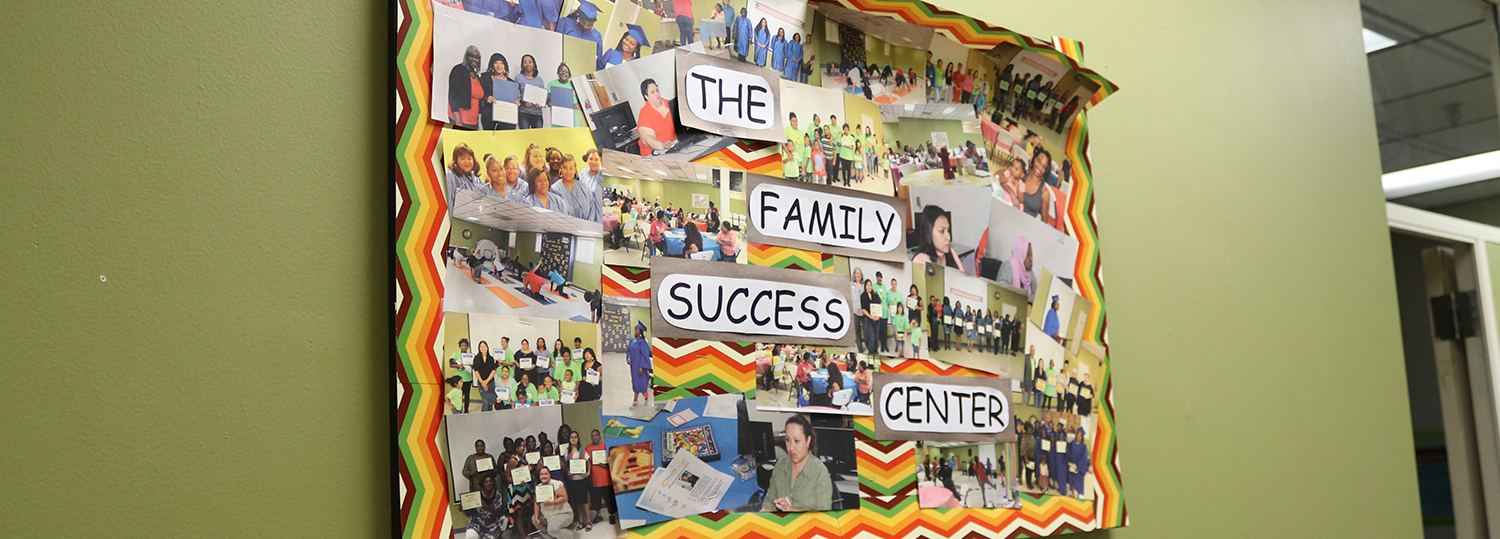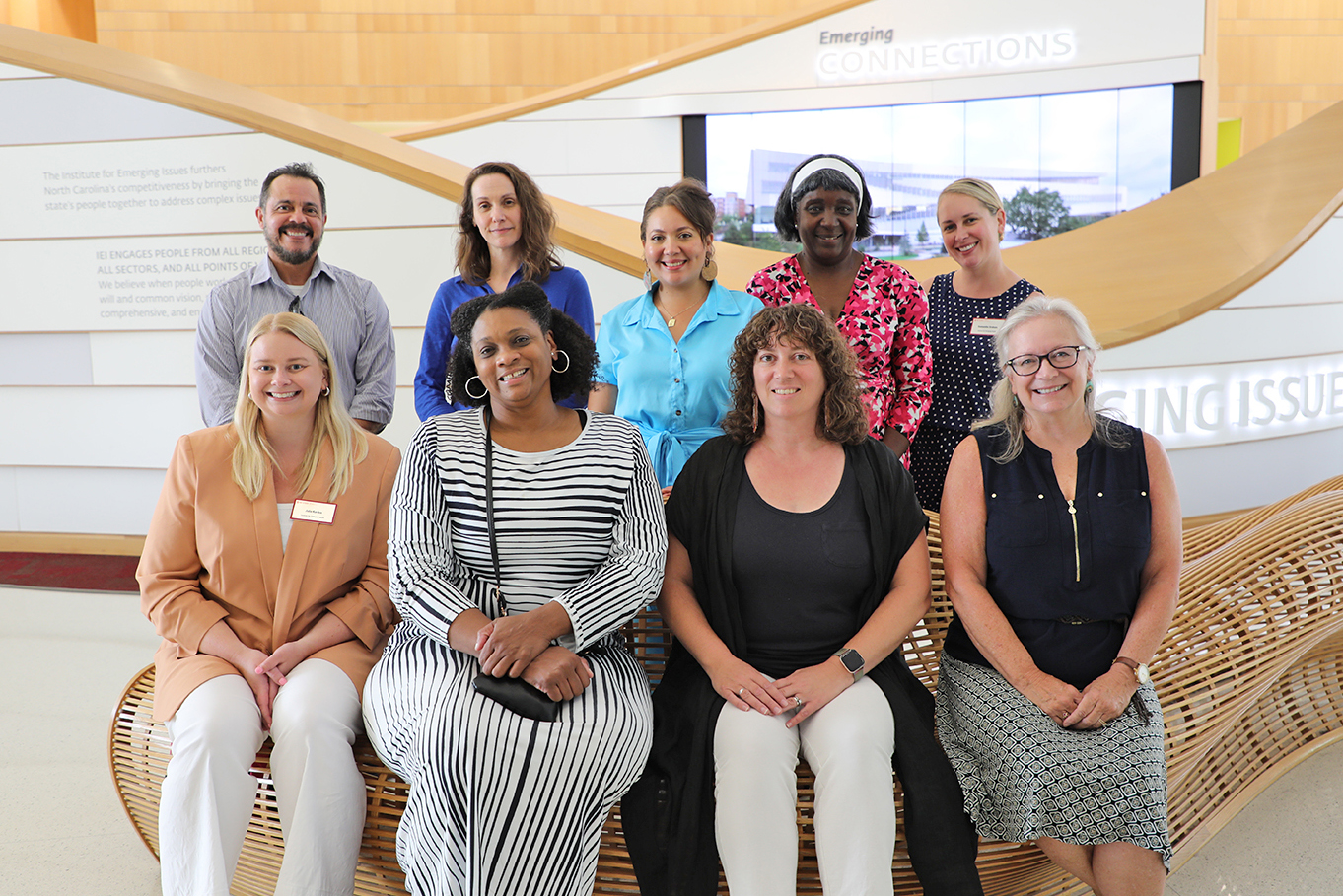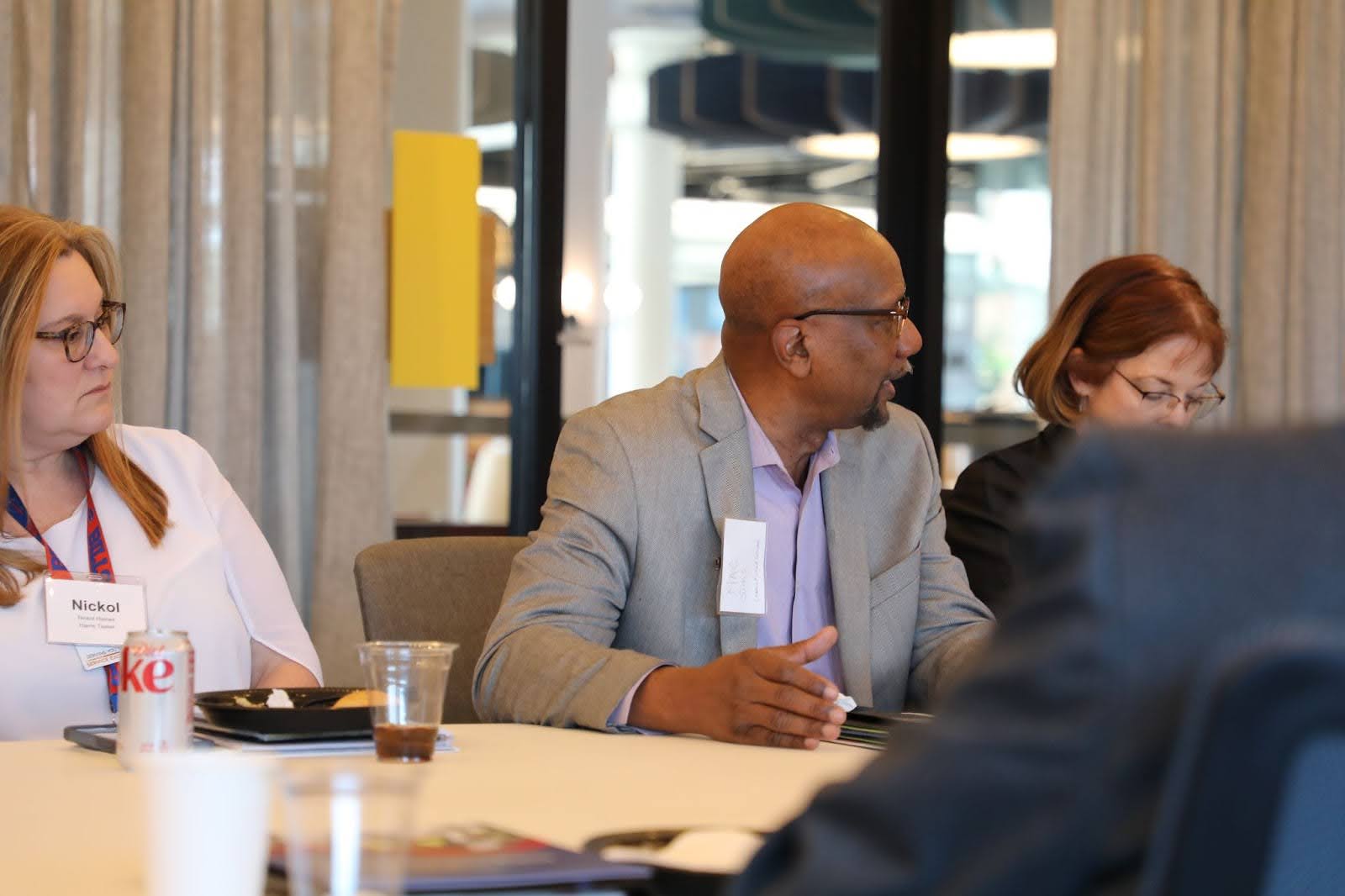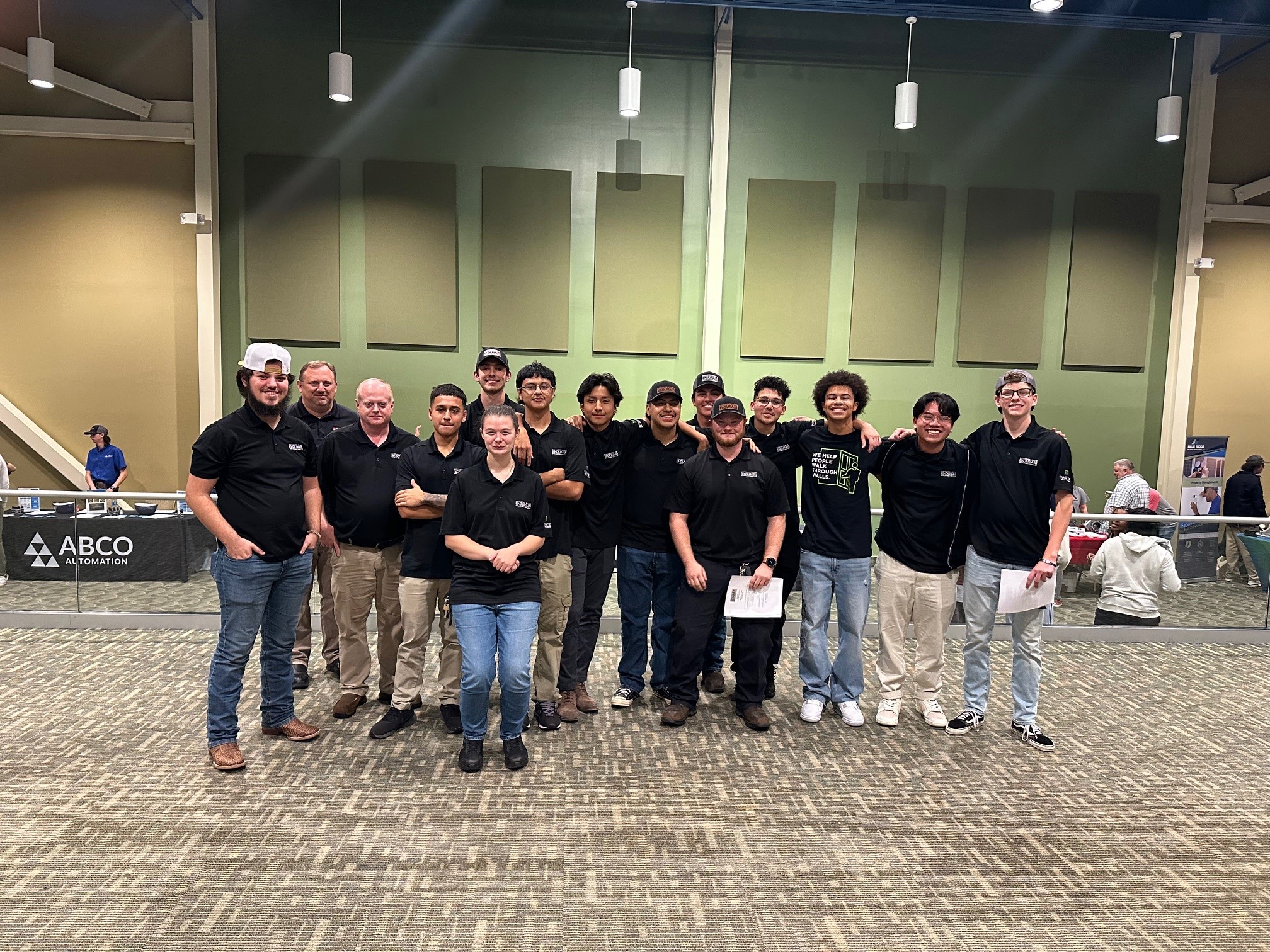United Way of Greater Greensboro (Reconnect to Economic Opportunity)

United Way of Greater Greensboro (UWGG), through its Family Success Center (FSC), is helping dozens of people in a single ZIP code of the city connect to economic opportunities. The effort grows out of UWGG’s ambitious, single issue focus: “ending poverty.” According to UWGG, poverty is not reducible to any single issue like employment, housing, education, safety, planning, or nutrition; rather it’s a mix of all these things. Poverty is not a short-term problem, either, but a “wicked” problem that is intergenerational. The organization believes that to break the cycle of poverty, you have to help parents and children at the same time; and you may not know if you’ve succeeded until the children grow up, join the workforce and start families of their own. To start turning that theory into reality, UWGG employed an evidence-based strategy called Integrated Service Delivery (ISD) to bundle local services and accelerate households out of poverty.
Before spearheading their first Integrated Service Delivery initiative, UWGG’s Community Investment & Impact department studied poverty—systemic causes, efforts to address it, and the specific factors behind success stories—and from this data, they developed a comprehensive plan of action. Taking a place-based approach, they identified the Greensboro ZIP code with the highest rates of poverty and unemployment. UWGG then partnered with Guilford Child Development to establish the Family Success Center (FSC) in that ZIP code. There, they established a one-stop shop, where many needs could be met under one roof. For example, a parent could attend classes while the center provided childcare. This would save parents time, while creating a space where they could be exposed to new opportunities and connect to communities of like-minded people.
“We’re not like other programs. It’s not just one thing,” said Sarah Glover, UWGG’s Family Success Centers Manager. “We provide a whole package of services, and to join the Family Success Center as a member, you need to be up for the whole journey.” Though this process takes a great deal of work and effort, the effects are palpable; as one member described their experience: “When I come here, people are building me up, not trying to keep me in my place.”
Sarah shares a story of a single mother who joined the FSC, in part, because it offered both GED classes and free childcare while she attended. The FSC connected her to a variety of classes, from job readiness to financial planning to yoga, while simultaneously preparing her child for elementary school. After earning her GED, she enrolled in GTCC to get her nursing and medical technician certificates, and the FSC helped her to cover enrollment costs and related expenses. She now works as a med-tech, is continuing her education, and is also a trained yoga instructor.
No individual’s situation is the same; no solution is the same. Sarah tells another story of a family of immigrants who came to Greensboro so that the husband could complete an advanced degree. The young mother found it difficult to find work, manage family obligations and stay financially afloat. At the FSC, she learned money management, practiced job interview skills, took nutrition classes, and received assistance with child care when she went to work full-time. Though this family is still early in their journey, they have made strides in paying down their debt and now have a greater sense of control over their lives.
Six years since its opening, UWGG has seen enough success in the FSC that they are now replicating and expanding it. Through a partnership with the Salvation Army, a second Family Success Center has now opened in Greensboro using the same model. UWGG is also developing their second ISD initiative, an Integrated Service Delivery Network (ISDN) designed to coordinate the same sorts of programs offered by the FSC on a digital platform accessible across Guilford County.
As Aden Hailemariam, Manager of the ISDN initiative, reflects on the goal to end poverty, she says, “Ultimately, we want to work ourselves out of a job.” To do that, she notes, they must remain self-reflective, listening to the communities they seek to empower, responding to their feedback, and mobilizing the whole community to improve lives. There is no one solution to poverty, she says, but many solutions. Those solutions must be customized, and they must often be pursued all at once—not one at a time. It sounds complicated because it is. Nobody said “ending poverty” would be easy.
Written by Chris Kampe.
- Categories:


